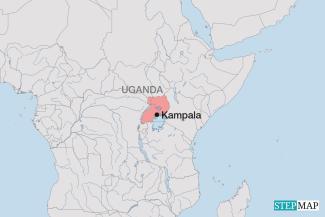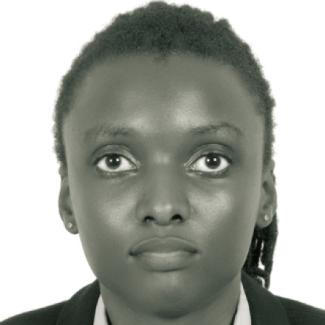National census
Counting the number of people

The Uganda Bureau of Statistics (UBOS) is a government agency tasked with the collection of important information and data. The agency last carried out a population and housing census in 2014. At the time, the population size was put at 34,6 million people.
In planning the new census, UBOS hopes to learn from the challenges faced in the last census. Several groups of people were not counted in the last census. This was due to the inability to physically access them. This time, UBOS hopes to employ the use of technology to improve its efficiency.
Vincent Ssennono, a principal statistician at UBOS, says: “We realised that some people were not counted in the previous census. So, we decided to work with several stakeholders such as hotels to provide us with names of their clients during the census days.” Uganda’s census strategy targets counting people in their homes. People who, at the time of the census, would be living outside their homes, or have travelled abroad, often miss out on being counted.
Uganda’s government has also made plans for students and learners to be on holiday during the census days. A directive has been issued by the Ministry of Education, instructing heads of academic institutions to ensure learners are home during the census 2024 night. “According to the approved roadmap, the census night will be from May 9 to 10, and field enumeration will take place from May 10 to 20. During this exercise, all learners at all levels of education will be expected to be at home on the census night and the enumeration period,” the directive reads.
It is important to get accurate statistics of the population. “Knowing the population size helps the government to plan for the country by putting in place development programmes. We need to know how many people and households we have, to be able to smartly distribute resources,” said President Yoweri Museveni while encouraging nationals to support the census activities.
Not all Ugandans understand or appreciate the role of the census. “People are very harsh on us and deny us access to their premises and others chase away our officers,” Ssennono said. He encouraged local leaders to work with UBOS to mobilise their residents to cooperate with the enumerators.
Newton Balenzi, a resident of the outskirts of Kampala, urges UBOS to better structure their household visits. “They sometimes come to our homes when we are busy or preparing to leave and have many questions. Other times, their officers do not properly identify themselves,” he said.
Uganda’s population is estimated to be over 40 million people currently. Many agencies and government bodies rely on statistics from international organisations such as the UN and the World Bank. This is partly because UBOS takes a long period to update population figures. Without accurate figures, planning and administering development programmes are affected.
Sheillah Abaho is a Uganda writer based in Kampala.
sheilaabaho2@gmail.com








